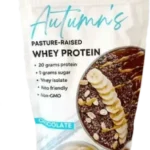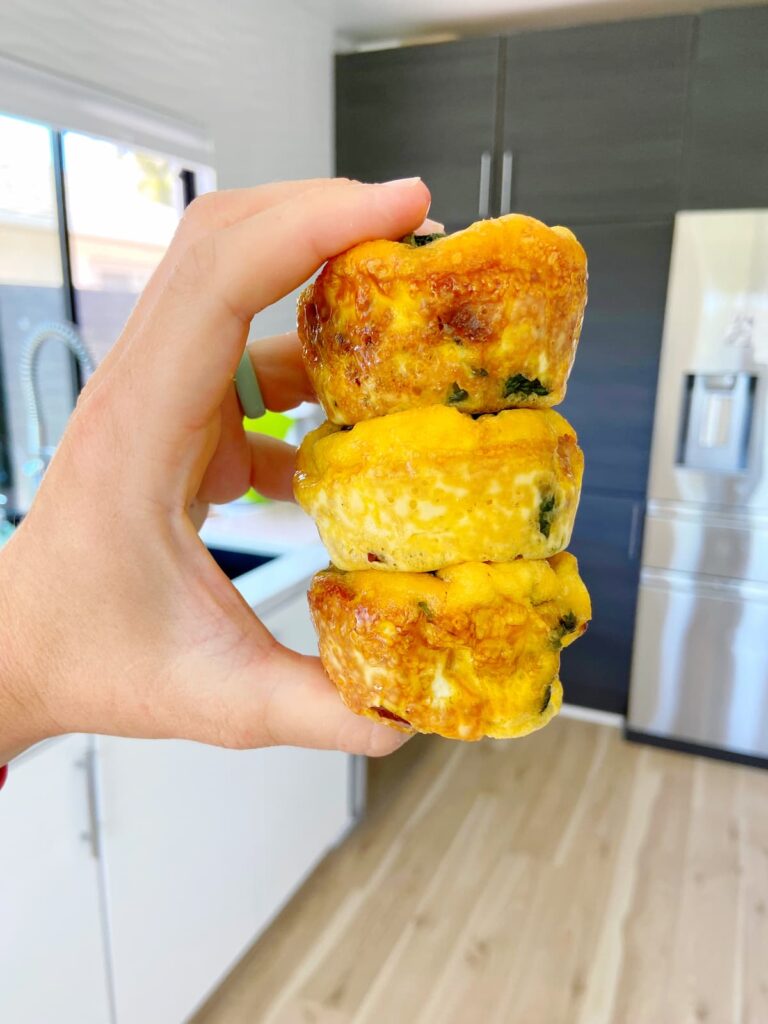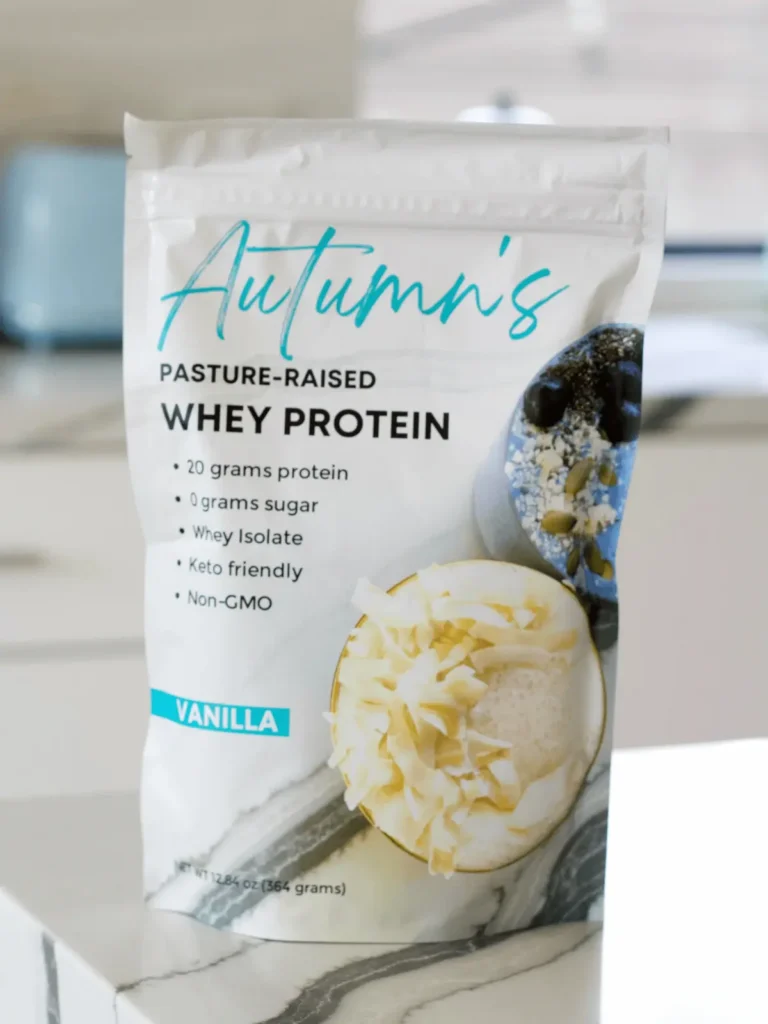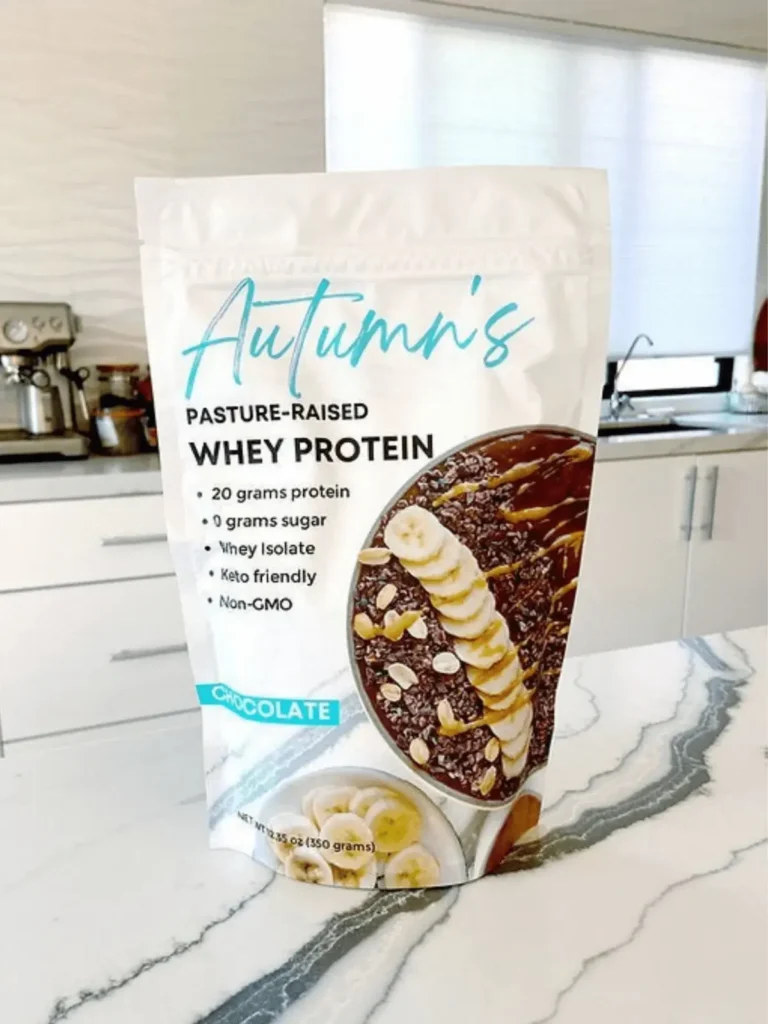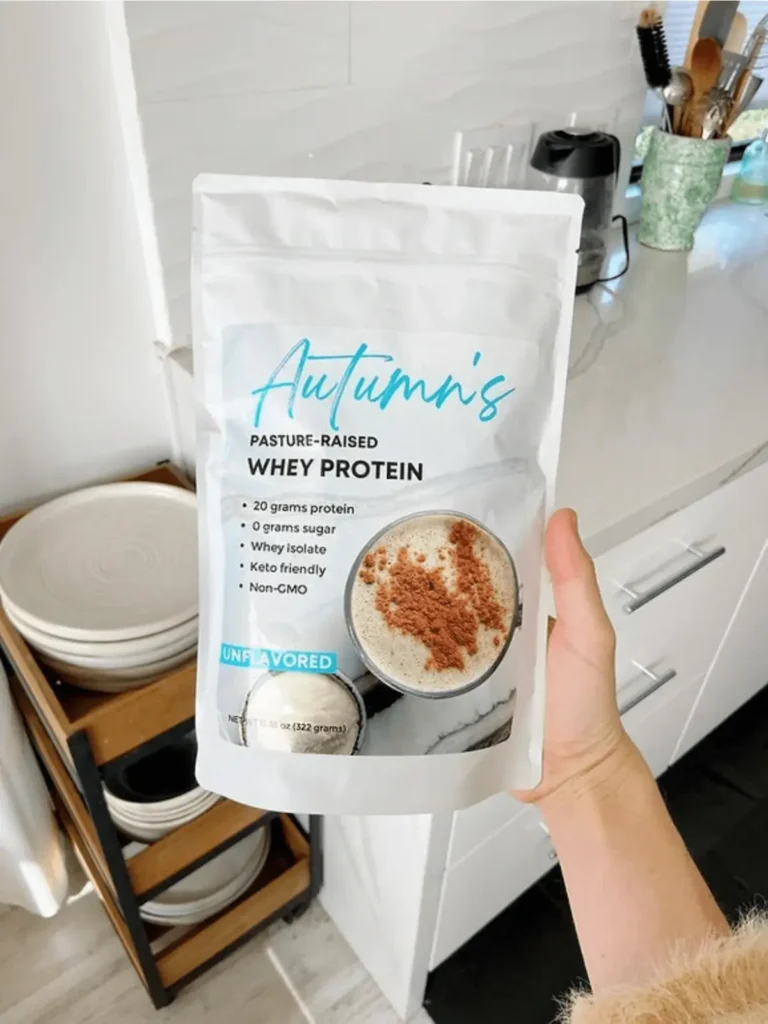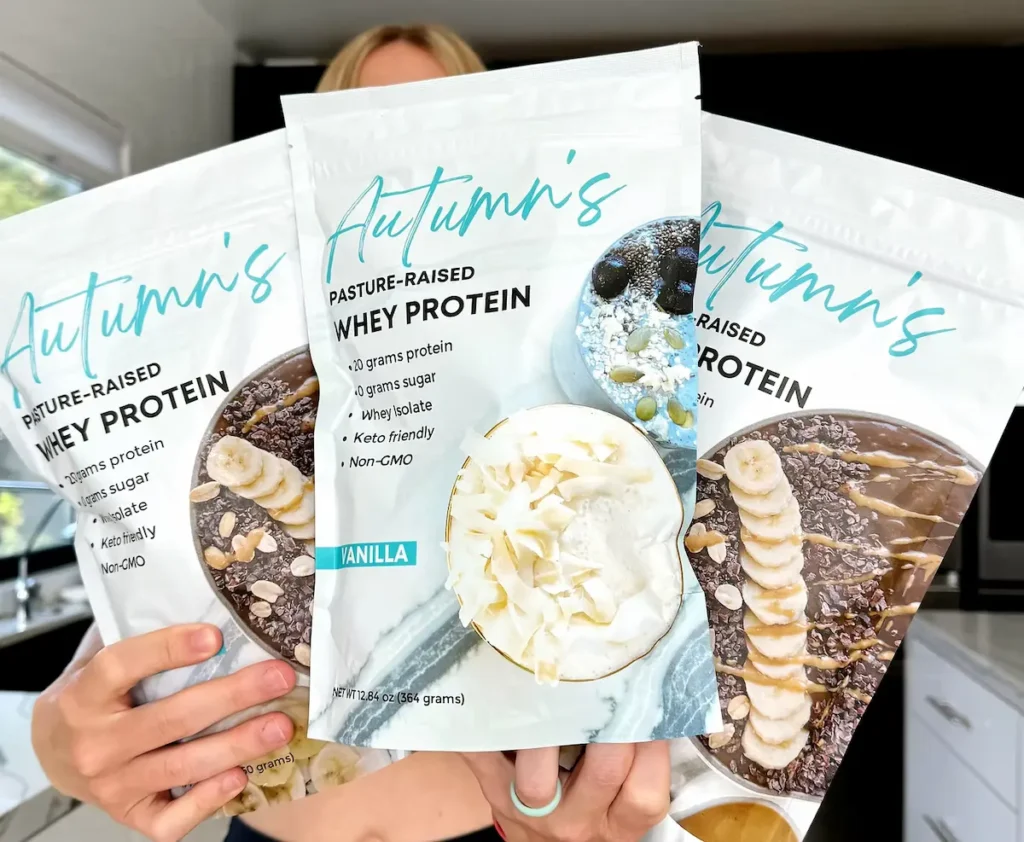This is guide to electrolytes for intermittent fasting tells you exactly how much and when you should be using electrolytes.

Do Electrolytes Help With Intermittent Fasting?
It isn’t uncommon to hear about headaches or lethargy during the first few days of incorporating Intermittent Fasting. This is typically due to an electrolyte imbalance as a result of a dip in insulin levels during the fast.
Insulin receptors are found within the kidneys (as well as many other parts of the body). The kidneys are the main filtration organ that will dictate how much sodium, water and other electrolytes will be lost (via urine) or remain in the blood. Higher levels of insulin have historically been found to cause the kidneys to hold on to water and sodium — which can in turn increase the pressure within the blood vessels and lead to feelings of water retention. On the flip side, lower levels of insulin signals the kidneys to release water and sodium via urine.(1) Because insulin is released when we eat, while Intermittent Fasting, insulin levels are naturally low. This can result in the release of water and sodium from the body while fasting.
Sodium (one of the main components of salt) is one of the most important electrolytes. It helps send signals from the brain, maintain fluid balance, aid in muscle contraction and create energy for the body. By rapidly losing quite a bit of water and sodium from the body while fasting, this can result in a state of hyponatremia (low sodium levels).(2) Cue headaches, brain fog or low energy levels.
Thankfully, by ensuring that you’re getting enough electrolytes throughout the day, most of these Intermittent Fasting effects can be avoided.
Related: Does Salt Break a Fast?
What To Drink For Electrolytes While Fasting
Sodium is the most important electrolyte to consider while Intermittent Fasting. Some experts in the field of Intermittent Fasting estimate that anywhere between 2-5 grams of sodium can be lost per day while fasting. Potassium and magnesium are also important electrolytes to consider. Thankfully, you can receive quite a bit of potassium and magnesium from whole foods such as avocado, pumpkin seeds, spinach, cannellini beans and tomato paste.
Unfortunately, most whole food sources do not naturally come with much sodium (unless actively added in, like with fermented foods or refined bread products). If you’re following the Complete Intermittent Fasting Bundle meals and protocols, then you’re not eating highly refined and processed foods (which is a good thing!). This means you’ll need to get your sodium from a different whole food source — sea salt.
About 1/2 teaspoon of sea salt comes in at just under 1.2 grams of sodium. How much sodium each individual needs will vary depending on how much you sweat and how much sodium has been lost via your urine. You can play around with your intake and see what level of salt/sodium makes you feel your best. I personally prefer to actively add salt into my morning water and ACV Sipper (also from the Complete Intermittent Fasting Bundle) during the fasted state to help ensure I start off with a great source of electrolytes. There are a multitude of electrolyte replacements on the market, but be cautious of these. Most electrolyte replacements contain a significant amount of sugar that will break a fast. These supplements also tend to have very low levels of sodium that won’t help to provide much replacement during the fasted state. Always make sure to check the labels!
Please understand that while some individuals will benefit from incorporating high quality sea salt, others may be contraindicated. If you have a history of high blood pressure or you’re using medications, it’s helpful to work with an experienced medical provider who can determine your ideal electrolyte balance to best serve your health history and goals.

Tap into fat burning
The 21 Day Intermittent Fasting Program
The 21 Day Intermittent Fasting Program provides step-by-step strategies to help you use Intermittent Fasting with delicious, protein-packed meals to support fat loss, reduce hunger, and boost gut health.
Studies
https://www.ncbi.nlm.nih.gov/pmc/articles/PMC7221140/
https://www.mayoclinic.org/diseases-conditions/hyponatremia/symptoms-causes/syc-20373711
